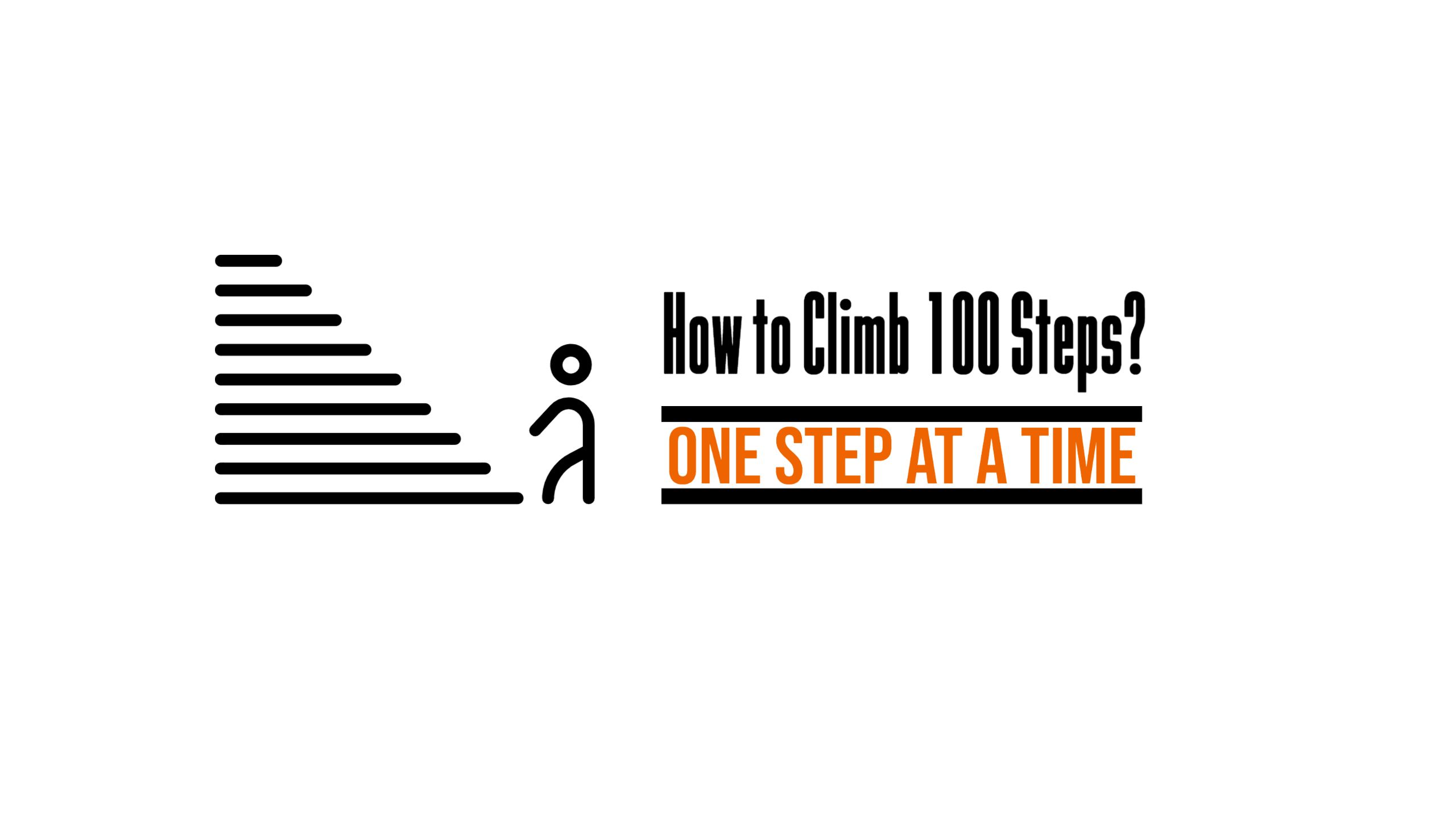Mastering Account Based Marketing: A Strategic Guide to Winning High-Value Clients

Account Based Marketing (ABM) is a highly focused business strategy in which a marketing team treats an individual prospect or customer like its very own market. It's a strategy that directs marketing resources to engaging a specific set of target accounts. ABM doesn't just call for alignment between sales and marketing teams—it requires collaboration between the two to identify key prospects and then tailor customized programs and messages to the buying needs and stages of those prospects.
Here's how you might approach acquiring new clients using the ABM strategy, through a lens similar to Hormozi's:
1. Identify and Target Ideal Accounts
- Select High-Value Targets: Start by identifying high-value accounts that are a perfect fit for your products or services. Use data and insights to find companies that match your ideal customer profile. It's about quality, not quantity.
2. Research and Map Accounts
- Deep Dive into Each Account: Understand the business challenges, needs, and o ...
Different ways to sell a business

Selling a business can be a complex process that requires careful planning and execution. There are several different ways to sell a business, each with its own advantages and considerations. Here are some common methods:
-
Asset Sale: In an asset sale, the buyer purchases the assets and liabilities of the business rather than the ownership of the company itself. This can be a preferred option if you want to retain ownership of the legal entity, or if you're selling only specific assets and not the entire business.
-
Stock or Share Sale: In a stock or share sale, the buyer purchases the ownership shares or stocks of the business. This approach transfers the legal entity and all its assets and liabilities to the new owner. It can be advantageous in terms of simplicity, as the business continues to operate without major changes.
-
Mergers: A merger involves two companies combining their operations to form a new entity. This can be a strategic move to achieve growth, synergies, o
...
How to deal with worry?

Worry is something that affects all of us at some point in our lives. It can range from a mild concern to a debilitating anxiety that interferes with our daily lives. But have you ever wondered what goes on in our brains when we worry? In this blog post, we’ll explore the neuroscience behind worry and the two types of worry that exist.
Worry is essentially a form of self-talk, an internal dialogue that we have with ourselves. It’s a way of processing information and trying to make sense of things that we find uncertain or threatening. When we worry, our brains are activated in a particular way. The amygdala, which is the part of the brain responsible for processing emotions, particularly fear, is activated. This triggers a stress response in the body, which prepares us to take action to deal with the perceived threat. Our heart rate and breathing may increase, and we may become more alert and focused.
Practical worries and hypothetical worries are two types of worries that people com...
Health impact of Stress, Anxiety, Overthinking, and Lack of sleep

Here is a chart explaining the health impact of stress, anxiety, overthinking, and lack of sleep:
| Health Impact | Stress | Anxiety | Overthinking | Lack of Sleep |
|---|---|---|---|---|
| Physical | Headaches, muscle tension, high blood pressure, weakened immune system, digestive problems | Rapid heartbeat, shallow breathing, sweating, tense muscles, digestive problems | Muscle tension, aches and pains, digestive problems, fatigue | Weakened immune system, increased risk of obesity, diabetes, cardiovascular disease |
| Mental | Mood swings, irritability, difficulty concentrating, memory problems, burnout | Worry, fear, panic attacks, obsessive thoughts, phobias | Negative self-talk, self-doubt, indecisiveness, racing thoughts, difficulty focusing | Mood swings, irritability, anxiety, depression, difficulty concentrating |
| Behavioral | Overeating or undereating, substance abuse, social withdrawal, poor time management | Avoidance, procrastination, compulsive behaviors, isolation | Avoidance, procrastination | ...
Leading with Motivational Intelligence

Motivational intelligence is the ability to understand and manage our own motivations and those of others in order to achieve our goals. It's like having a compass that helps us navigate our inner world of drives, desires, and aspirations, as well as the outer world of people, tasks, and environments.
Effective leaders need motivational intelligence because they must be able to motivate and inspire others towards common goals. When leaders have a high degree of motivational intelligence, they can understand what drives their team members and align their goals and incentives with those motivations. This creates a positive work environment and leads to higher levels of engagement, productivity, and job satisfaction.
So, how can we develop our motivational intelligence? Here are a few tips:
-
Start by reflecting on your own motivations. What drives you to do the things you do? What makes you feel fulfilled and satisfied? By understanding your own motivations, you can better understan
...
How to deal with Overwhelm?

Dealing with overwhelm can be tough. It's that feeling of being stuck in a storm of tasks and responsibilities that never seem to end. It's that feeling of being suffocated by the weight of stress, anxiety, and pressure. It's a common experience that most people face at some point in their lives. But what can we do when we feel overwhelmed? Here are some effective tools that can help you manage overwhelm and find your way out of the storm.
-
Prioritize Your Tasks One of the main reasons why we get overwhelmed is that we try to tackle everything at once. It's important to prioritize your tasks and focus on the most important ones first. Start by making a list of everything that needs to be done and then rank them by priority. This will help you focus on what's most important and give you a sense of control over your workload.
-
Break It Down Breaking down large tasks into smaller, more manageable ones can help you feel less overwhelmed. This can make it easier to tackle each task
...
What is the 3 3 3 rule for anxiety?

Anxiety is a natural human response to stress, but when it becomes overwhelming, it can interfere with daily life. Managing anxiety requires a comprehensive approach that may include medication, therapy, and lifestyle changes. One simple and effective tool for managing anxiety is the "3 3 3 rule."
The 3 3 3 rule is a grounding technique that can help you manage feelings of anxiety in the moment. It involves focusing your attention on your surroundings and using your senses to ground yourself in the present. Here's how to use the 3 3 3 rule:
Step 1: Look around you and name three things you see.
The first step in the 3 3 3 rule is to focus on your visual surroundings. Look around you and name three things you see. These can be objects in the room, people nearby, or anything else in your immediate environment. By focusing on what's around you, you can bring your attention back to the present and reduce the feeling of being overwhelmed.
Step 2: Listen for and name three sounds you hea...
What is the best way to deal with anxiety?

Anxiety is a common condition that affects millions of people worldwide. It can manifest in a variety of ways, including physical symptoms, cognitive symptoms, and emotional symptoms. If you are struggling with anxiety, there are a number of strategies that you can use to manage your symptoms. In this blog, we'll discuss some of the best ways to deal with anxiety.
- Seek Professional Help
One of the best ways to deal with anxiety is to seek professional help. A mental health professional can help you identify the underlying causes of your anxiety and develop a treatment plan that is tailored to your needs. They may recommend therapy, medication, or a combination of both.
- Practice Mindfulness
Mindfulness is the practice of being present and fully engaged in the current moment. It can be a powerful tool for managing anxiety. When you practice mindfulness, you become more aware of your thoughts and feelings, which can help you recognize when you are experiencing anxiety and take...
What are 5 symptoms of anxiety?

Anxiety is a common condition that affects millions of people worldwide. It can manifest in a variety of ways, including physical symptoms, cognitive symptoms, and emotional symptoms. In this blog, we'll discuss 5 common symptoms of anxiety.
- Excessive Worrying
Excessive worrying is a common symptom of anxiety. It is characterized by constant thoughts of worst-case scenarios, even in seemingly benign situations. People with this symptom of anxiety may find themselves fixating on things that are unlikely to happen, but still feel as though they are very real threats.
- Physical Symptoms
Anxiety can manifest physically, and there are a number of physical symptoms that are associated with anxiety. These can include increased heart rate, rapid breathing, sweating, muscle tension, and gastrointestinal issues such as nausea or diarrhea. These physical symptoms can be very uncomfortable and can be mistaken for other medical conditions.
- Avoidance
People with anxiety
...What is the average cost for an executive coach?

Executive coaching is a valuable investment for individuals and organizations looking to improve leadership skills and achieve business goals. While the cost of executive coaching can vary depending on a range of factors, such as the coach's experience and the duration of the coaching program, it's important to understand what to expect when it comes to pricing.
The average cost for an executive coach can range from £200 to £600 per hour, with some coaches charging up to £1,500 per hour. However, it's important to note that most executive coaching engagements are structured as a series of sessions, with packages ranging from a few months to a year or more.
For example, a six-month executive coaching program might include bi-weekly sessions, assessments, and ongoing support for a total cost of £20,000 to £30,000. A more extensive program that includes weekly sessions, assessments, and leadership development training could cost upwards of £100,000.
While the cost of executive coaching...

